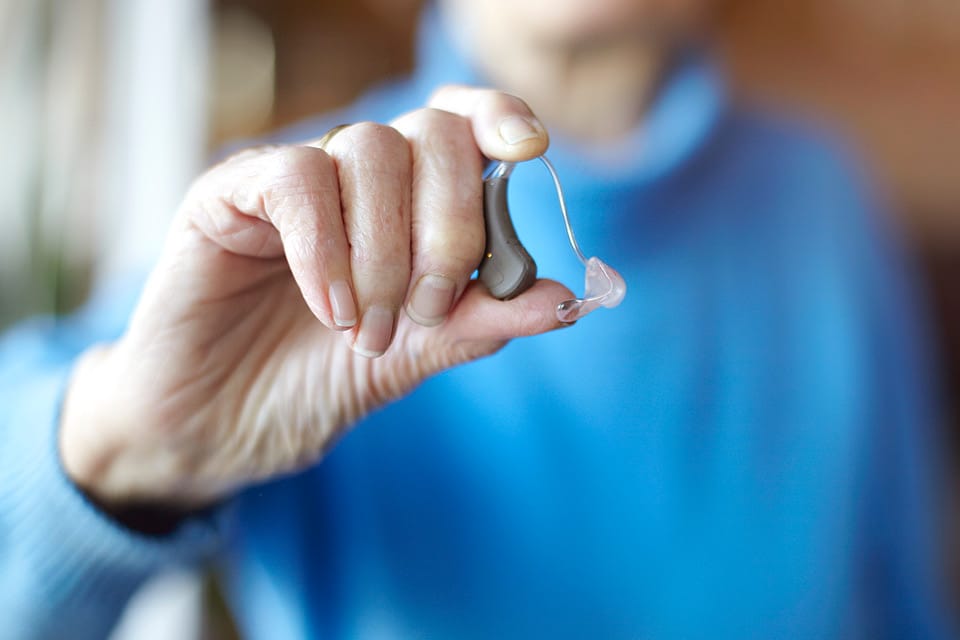Charlotte's Audiology Center
CornerStone Ear, Nose & Throat Audiology Center offers comprehensive services for detecting and correcting hearing loss in adults and children. With a combination of board-certified ENT physicians and Doctors of Audiology, we offer surgical and non-surgical options for hearing loss all at one practice. Our certified audiologists have extensive training and knowledge to provide a thorough and accurate hearing examination to you or our loved one, using state-of-the-art equipment. Once your hearing has been tested, we will make the proper recommendations to optimize your hearing, whether it is medical, surgical, or amplification with a hearing aid.

Hearing Evaluations And Hearing Aids
Our Doctors of Audiology offer complete hearing evaluations to determine the extent of your hearing loss. We can also help you find the hearing aids that will be most beneficial for your condition. Click on the bullet point below to learn more.
Dizziness And Vertigo
Typically dizziness refers to an abnormal sense of motion. It can also be imbalance, lightheadedness, feeling like you are going to pass out, weakness, and other sensations. The experienced physicians and doctors of audiology at CornerStone Ear, Nose & Throat, PA, are highly trained in the evaluation and treatment of symptoms of dizziness caused by disorders of the inner ear. Learn more about dizziness and vertigo.
Tinnitus
Tinnitus is defined as noise or ringing in your ears or head. Some people describe crickets while others experience a ringing, hissing, roaring, or whistling. While tinnitus is not usually a sign of a serious medical problem, you should see an audiologist or ENT (Ear, Nose & Throat) physician if you are experiencing tinnitus. Tinnitus often occurs secondary to sensorineural hearing loss, which is a type of hearing loss that arises due to inner ear nerve damage. Learn more about tinnitus.
Our Doctors Of Audiology
An accurate hearing evaluation and the proper fitting of a hearing device are essential. At CornerStone Audiology Center, our audiology team offers the expertise and guidance necessary to determine which type of hearing aid would be most beneficial. We can also make any necessary adjustments to ensure your hearing aid is working properly and enhancing your life as much as possible.

Stephanie Griffin, AuD

Mary Darko, AuD






